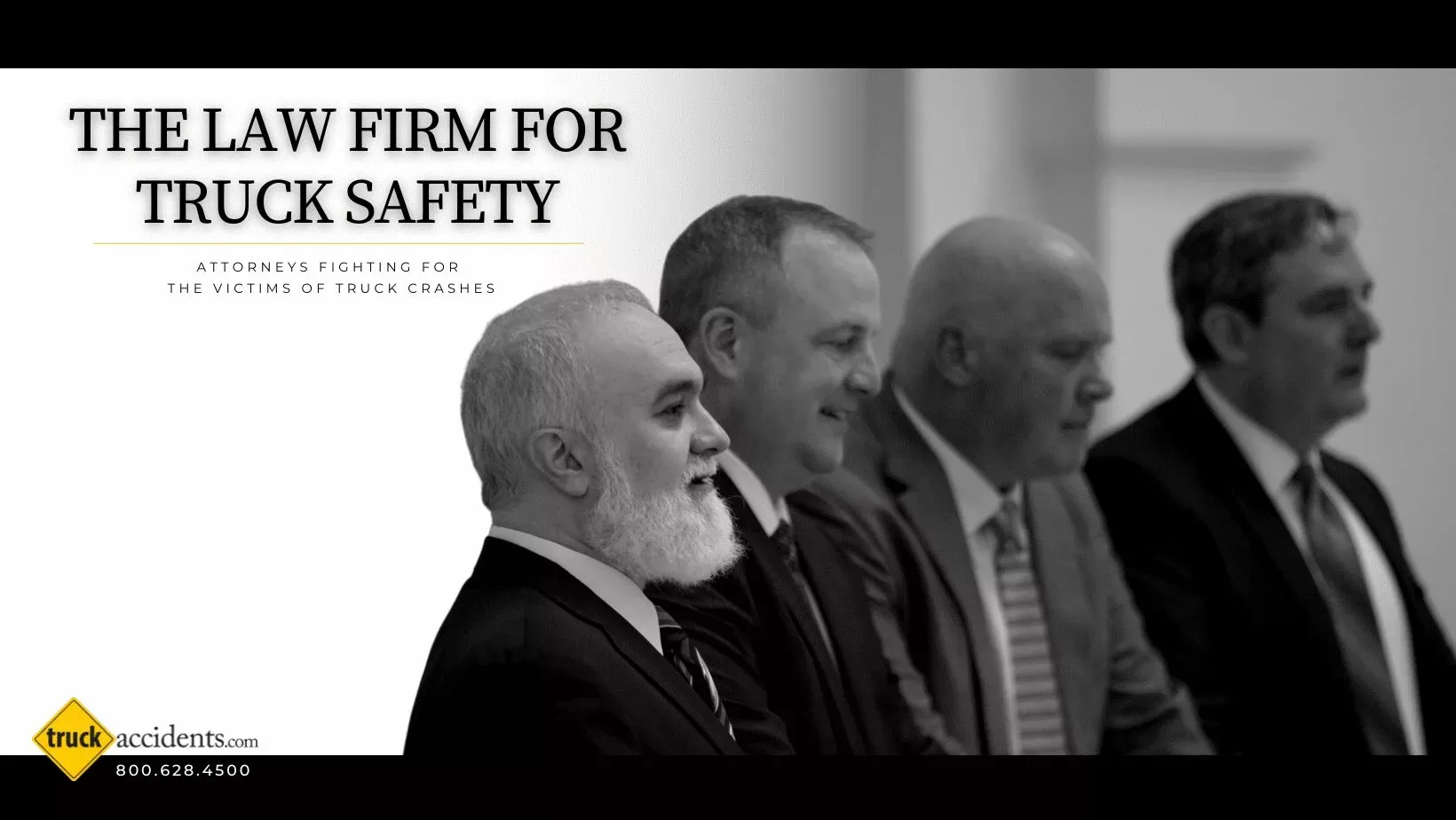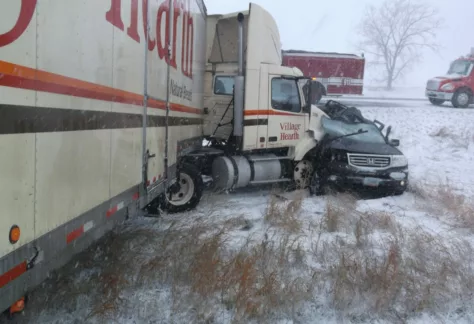The administrator of the Federal Motor Carrier Safety Administration (FMCSA) issued what it called "a new rule" in November, 2008, limiting commercial truck drivers to 11 hours on the road (the "11-hour rule"), even though this rule maintains what has been the status quo for several years now. The prior hour-of-service rule only permitted 10 hours of driving time. The attempt to increase the number of hours a driver can operate a truck without a break has been challenged several times by safety advocate groups such as Public Citizen, who cite "drowsy driving" as a contributor to truck crashes. This same rule has been struck down by the US Court of Appeals in Washington, D.C. because it did not take into account truck driver and public safety, including the circadian sleep rhythms of truck drivers.
Trying for a third time to push the same rule through with no improvements to the permitted driving time, FMCSA Administrator John Hill stated that the "new" rule is ..."crafted to match what we know about drivers' circadian rhythms and the real world work environment truckers face every day." John Claybrook, President of Public Citizen, stated in a response: “This puts the health and safety of drivers at risk, along with the public who must share the road with tired truckers. From 2003 to 2006, the number of annual deaths among occupants of large trucks increased from 726 to 805, according to the Department of Transportation. Additionally, nearly 4,584 people were killed in 2007 in crashes involving large trucks, while another 76,000 were injured. Research clearly shows the risk of a crash dramatically increases after eight hours of driving.”
The FMSCA also pushed through another provision before the Obama administration takes office. The rule does not universally mandate Electronic On Board Recorders (EOBR), as recommended by the National Safety Transportation Board (NSTB). EOBRs electronically record the actual hours a truck operates, when the ignition is on, and when the truck is idling. Instead, Administrator Hill's rule will only potentially require EOBRs for the very worst of motor carriers.
Before new laws can be effective, it is important that the laws currently on the books are enforced, such as the hours of service that limit a driver's time on the road and reduce truck accidents due to fatigued drivers. Electronic monitoring is a smart use of available technology to make certain all truck companies enforce these rules with their drivers. Werner, one of the largest truck companies in the United States, already voluntarily uses electronic logbooks.
Click to read the full text of the final rule (PDF): http://www.fmcsa.dot.gov/rules-regulations/administration/rulemakings/final/E8-27437-HOS-Final-Rule-11-19-08.pdf
Referrals & Co-Counsel
Involved in a Crash?
No other law firm knows trucks quite like us. Our trucking law expertise and trial experience allow us to win multi-million-dollar results year after year.
Our team of truck accident attorneys works tirelessly to help your family find justice in the wake of a catastrophic truck crash.
Referrals & Co-Counsel
No other law firm knows trucks quite like us. Our trucking law expertise and trial experience allow us to win multi-million-dollar results year after year.
Involved in a Crash?
Our team of truck accident attorneys works tirelessly to help your family find justice in the wake of a catastrophic truck crash.


